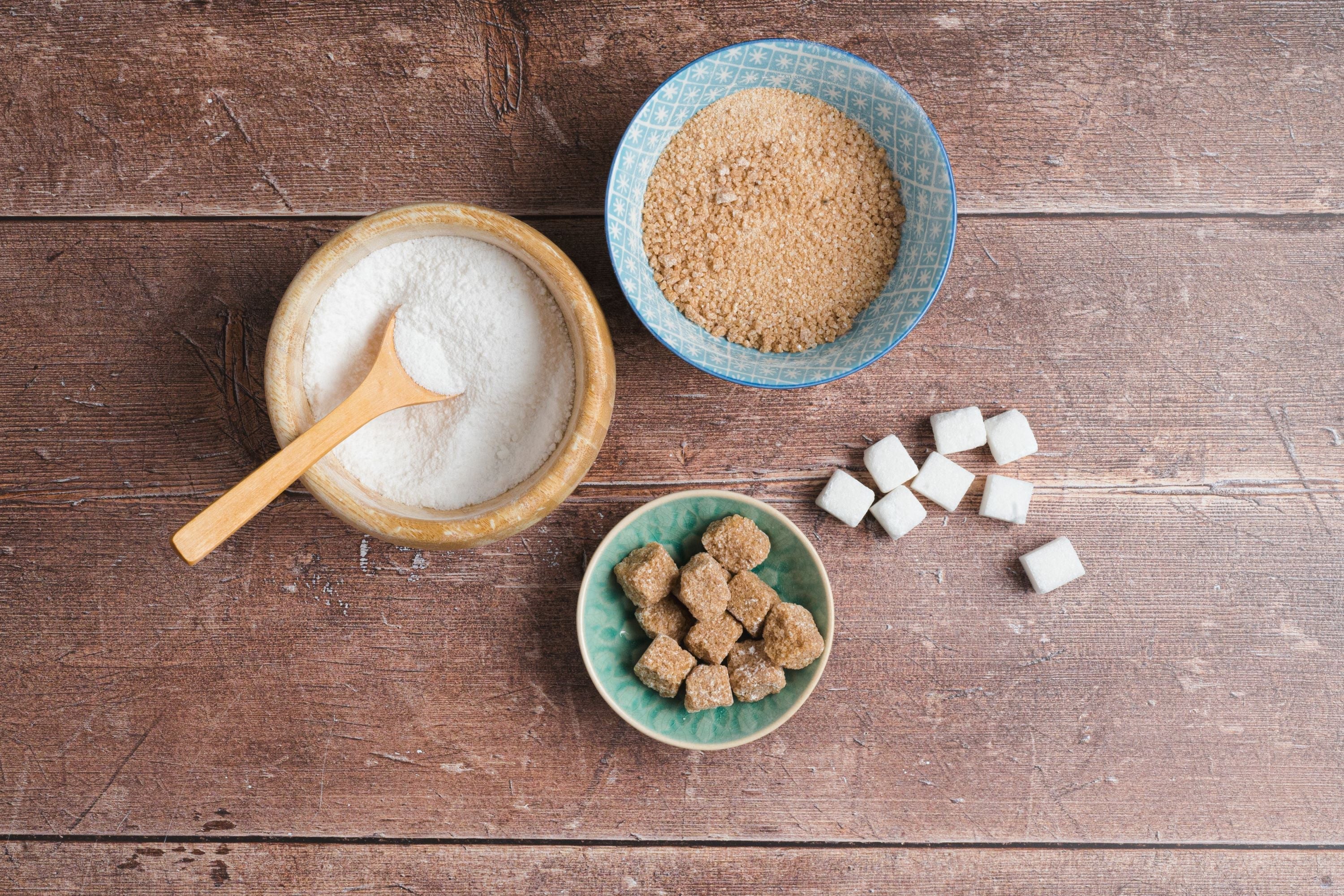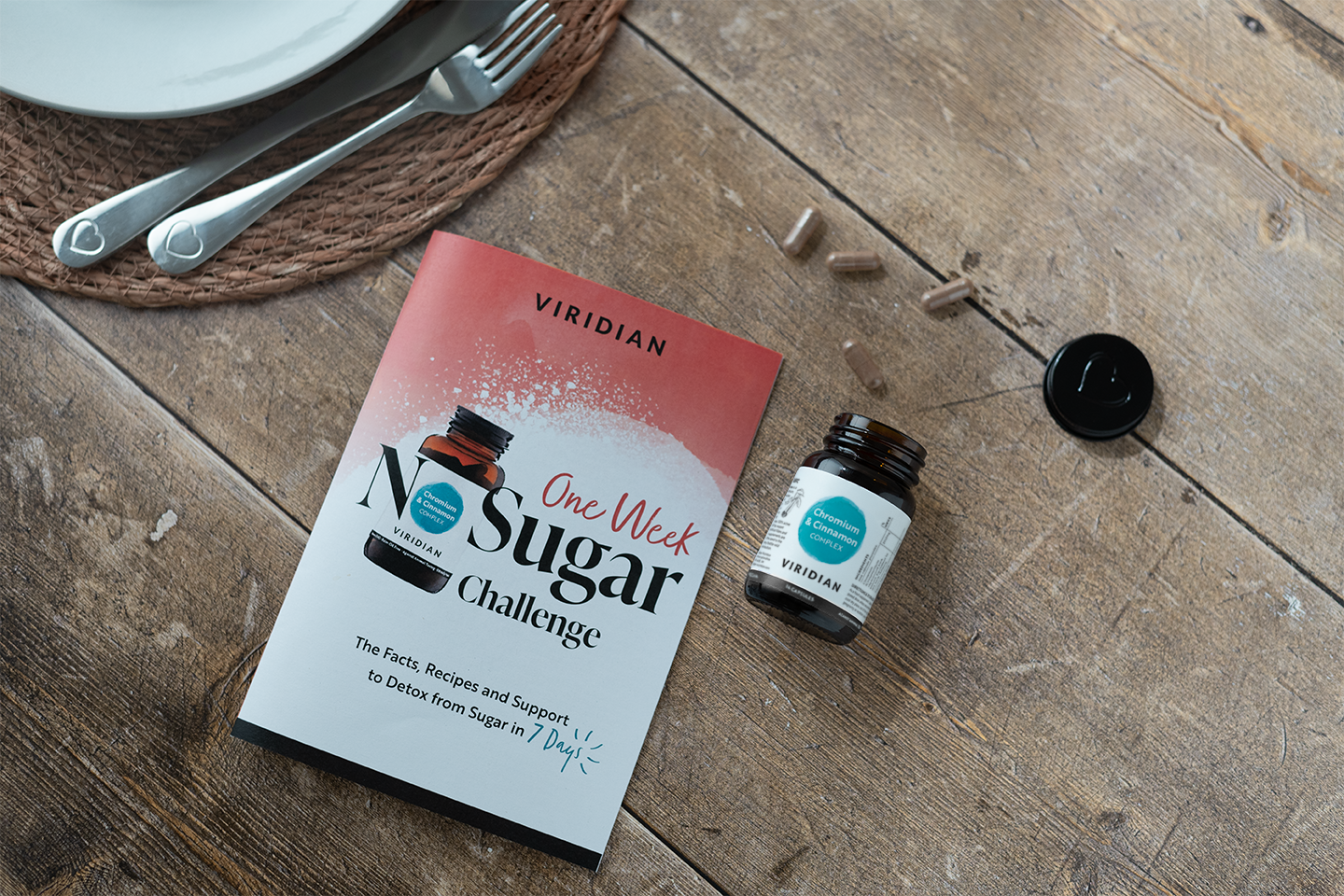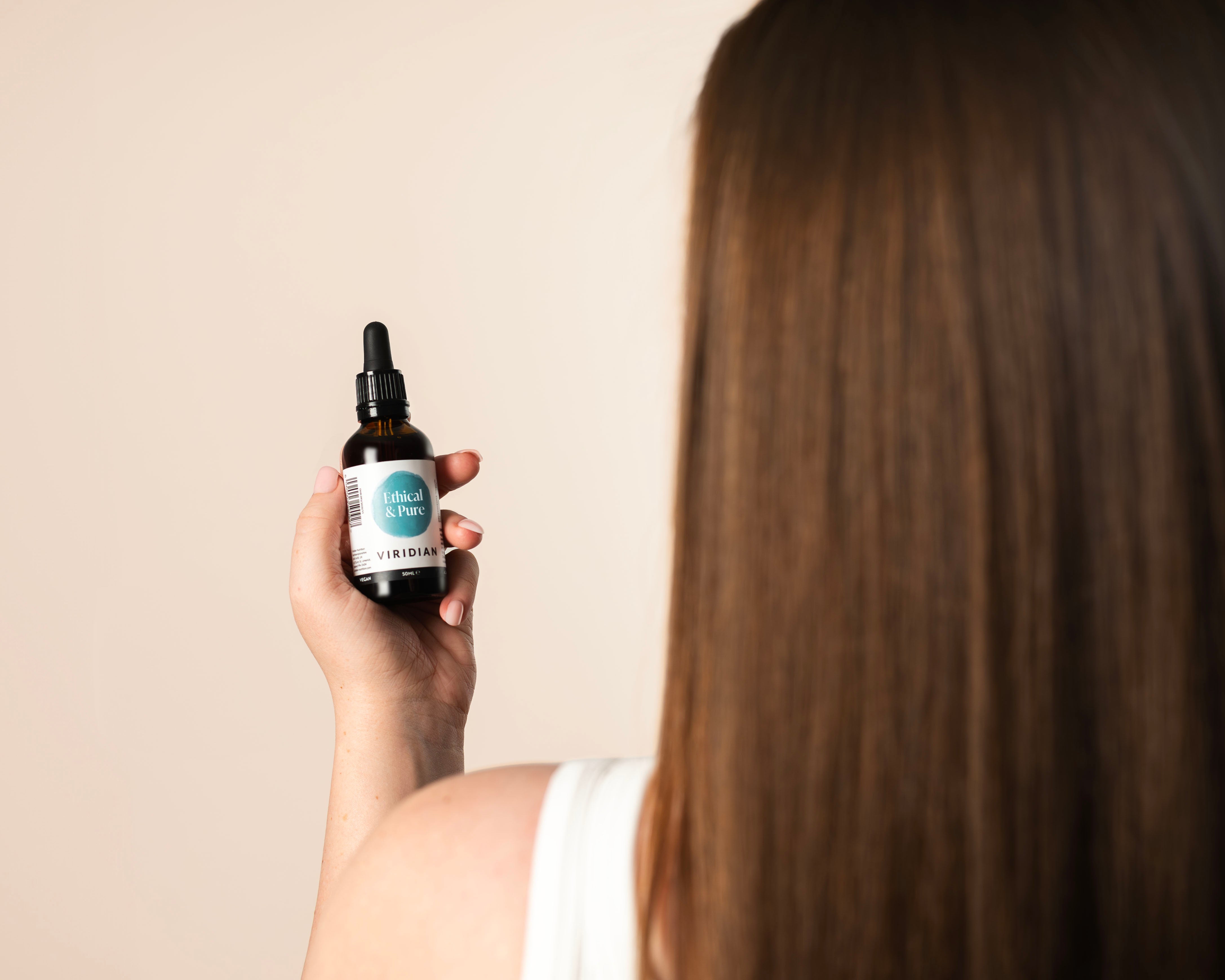If you have a question about our Organic Magnesium supplement, we’re here to answer them! Organic Magnesium is an innovative plant-sourced form of the essential micronutrient. Ethically sourced from wild sea lettuce, this whole food supplement is 100% organic, guaranteeing its eco-friendliness. Viridian’s Senior Nutritionist Jenny Carson answers your questions in our friendly Organic Magnesium FAQ.

What is Organic Magnesium good for?
The Organic Magnesium is the first organic magnesium to be produced by a British food supplement company. It is the cleanest and most natural source of magnesium, raised without the use of chemicals and harvested in a sustainable marine-friendly method.
Magnesium supports recovery from tiredness and fatigue, while supporting the normal functioning of the nervous system and muscle function.
Perfect for those following an organic diet and lifestyle.
Where does Viridian’s Organic Magnesium come from?
The Organic Magnesium is derived from sea lettuce, Ulva lactuca, grown on the coast of Brittany, France. The sea lettuce is naturally high in magnesium content. To add to its organic certification, it is sustainably raised and harvested by hand. The hand harvesting ensures that the base of the sea lettuce is preserved so that the plant continues to grow, the harvested fronds are dried in solar powered greenhouses and then milled into a powder which we encapsulate.
When should I take Organic Magnesium?
The Organic Magnesium can be taken with any meal in the day. We recommend that mineral providing food supplements are taken at different meals.
The main store for magnesium is bone, with some in muscles, soft tissues, blood and red blood cells. To maintain an adequate balance of magnesium it is necessary for adults to consume around 300mg daily, therefore if the diet does not provide this amount a food supplement can be useful to fill the gap.
How long will it take for the supplement to work?
We advise taking the Organic Magnesium for 4-6 weeks and to monitor how you are feeling during this period. Magnesium is a well-tolerated nutrient. The food supplement can be continued should your diet not provide adequate magnesium from consuming leafy greens, nuts, seeds and legumes and other dietary sources of the mineral.
What’s the best way to take the supplement?
It is best to take Organic Magnesium with food. Although this can be with any meal, however, sports people may wish to take it with their recovery meal.
If you are prescribed medication, please discuss the potential supplementation with your healthcare professional.
Can I take too much?
The recommended dose for the Organic Magnesium is 1 to 2 capsules daily taken with food. Please do not take more than the recommended dose.
Are there any chemicals in Organic Magnesium?
To achieve organic certification by the Soil Association the sea lettuce is raised in clean waters without the use of chemicals. This produces a pure and clean magnesium rich sea lettuce.
At what age can the supplement be taken?
The Organic Magnesium can be used from age 6 and onwards. For those with issues swallowing, the capsule can be opened and the contents mixed with a substantial amount of soft, cold food, such as a yogurt, mashed banana or smoothie.
How should I store the supplement?
Organic Magnesium should be stored in a dark location, between 8-15C and away from any sources of humidity or steam.
Is it suitable for vegans?
The Organic Magnesium is 100% plant-based and suitable for those following a vegan or vegetarian diet. It is also certified organic by the Soil Association.
Can I take the supplement during pregnancy?
The Organic Magnesium may be used during pregnancy and lactation. The recommended dose is 1-2 capsules taken with food. Please make your healthcare professional aware of your food supplement regimen during pregnancy and lactation.
If you have further questions about Organic Magnesium, please get in touch with our team of nutritionists at technical@viridian-nutrition.com
Author: Jenny Carson is a Nutritional Practitioner and Technical Services Manager at Viridian Nutrition. She holds a BSc honours degree in Nutritional Science and is a Master of Research (MRes) in Public Health.
The information contained in this article is not intended to treat, diagnose or replace the advice of a health practitioner. Please consult a qualified health practitioner if you have a pre-existing health condition or are currently taking medication. Food supplements should not be used as a substitute for a varied and balanced diet.







